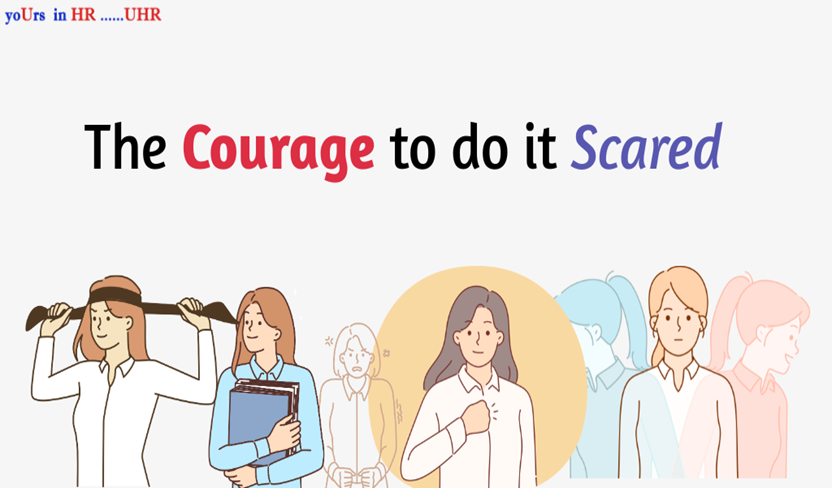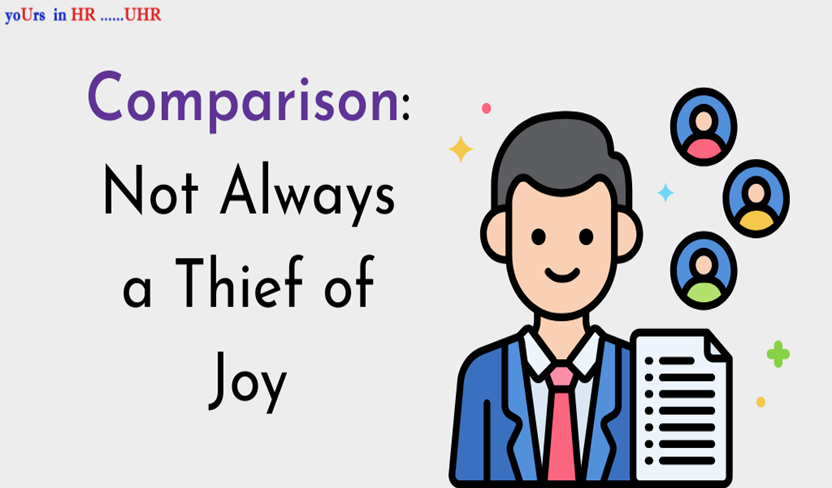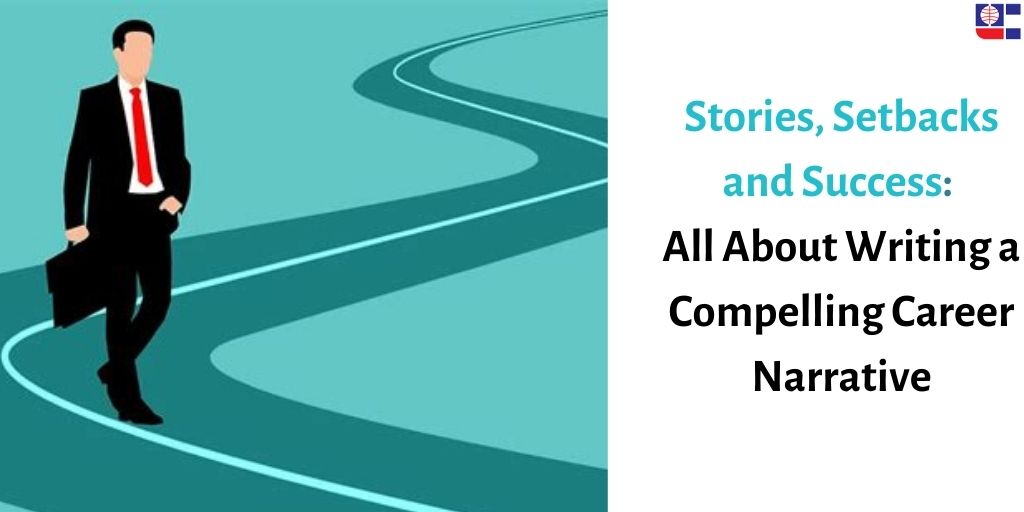
Weeks into the new year, Deepa felt miserable because she was not able to implement all the big and small New Year resolutions she had made.
Noticing her gloom, the people around her had tried to reassure her:
“It’s okay, it has only been a few weeks, you still have the time to implement your plans.”
“It’s okay, maybe you can start your plans during the Spring season, the actual new year in nature!”
“It’s okay, you can only begin with the small resolutions and then move on to the bigger ones.”
“Yes, take it slow, one day at a time, one resolution at a time…”
Slow, she had taken it, and she had the necessary planning, all done. The only thing to be done was the implementation, and yet something was stopping her.
Varsha, a wise old friend who was also like a mentor had been noticing Deepa’s dejection at her own inability to implement things. Varsha and Deepa lived in the same building, and would often carpool together- their offices were quite nearby and they would often spend their lunch-time together whenever possible.
During one such lunches, they both got into a conversation around Deepa’s new year resolutions. From wanting to eat healthier, to starting her own Youtube channel, Deepa had everything planned out. The planning and the resolutions themselves were quite realistic, so there was really nothing that could prevent Deepa. And as had been mentioned earlier, something was stopping her.
‘I don’t know what is happening Varsha ji. I wake up everyday and look at my post-it notes, my step-by-step planning. But I get scared.’
‘Scared of what dear Deepa?’ Varsha inquired with a gentle expression. She indeed had much love, like an older sister, for Deepa.
‘I am scared of so many big and small things. I am scared, for example, my Youtube channel will not work. Or it might work too well and I will be overwhelmed by it all. I am scared that my resolution to wake up early and get into fitness will result in detection of some new health problem that might prevent me from fulfilling my resolution. And for some resolutions, I am just plain scared that I might fail. Every day I wake up with the hope that today these fears will go away and I will be able to start implementing my resolutions. But the fears don’t seem to be going away.’
‘That’s a lot to be scared of!’ Varsha let out a small chuckle but quickly her expression changed into something Deepa was sort of familiar with; the ‘boss-lady’ expression who got things done and who helped get her employees to new heights. With a firm, resolute expression but with ever more warmth, Varsha said,
‘Deepa, the fears may never go away. You may never stop getting scared. Sometimes, even I get scared. I have my fears too.’
‘Really? Then what do you do when you get scared? How do you make the fear go away?’
Varsha took a deep breath and continued, ‘The fears never go away. Or they go away for some moments and then they come back. They key is to go ahead despite the fears.’
Deepa thought about it for a bit and asked, ‘But what if it’s my instinct that’s preventing something bad happening? A woman’s gut feeling is said to be very strong…’
‘Agreed. But gut feeling will not leave you questioning and anxious; gut feeling doesn’t paralyze you- it leaves you feeling stronger and firmer with your decision to do or not do something. Fear on the other hand leaves you feeling miserable; you feel like a failure and you begin questioning your own capabilities. You seem to be in fear, don’t you think?’
Deepa nodded.
Varsha continued, ‘Yes. Fears are going to be there. Yet you must get up and chase your dreams, big or small. You must not, cannot, wait for fears to subside. I still do some things where my heart beats faster than usual, where I get worried about what lies next, where all sorts of possibilities form in my head. And yet, I go for it. I have planned things. I have prepared. I have done what is expected of me to do- my ‘karma’. Ideally, I shouldn’t be scared but if I am, then so be it. I do what I want and need to do, even if I am scared.’
And with this, Deepa found new courage to go ahead and start with ticking off one new year resolution at a time, with her impeccable planning. For some of those, she was scared. But she went ahead, anyway, scared.
Team UHR wishes everyone a very happy new year. May the year bless us with courage to implement our plans, and face our fears with the courage to go for what we want, even if it is scary. There is courage in doing it scared.





